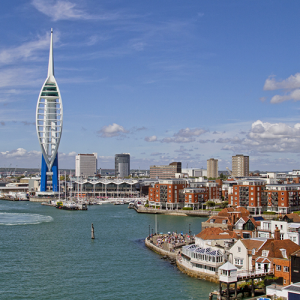Under the Housing and Planning Bill, councils could be required to make an upfront payment to the Department for Communities and Local Government to fund the extension. The payment will be calculated using the market value of the high-value vacant housing owned by the authority, which they could then recoup through sales.
The legislation will implement a number of flagship Conservative Party pledges on housing, including its Starter Homes initiative.
Under the Right to Buy extension, which was agreed between the National Housing Federation and Communities Secretary Greg Clark, every housing association tenant would have the right to purchase a home at Right to Buy level discounts.
The government will compensate the housing association for the discount offered to the tenant, and housing associations will retain the receipts to reinvest in new developments.
Funding for the compensation is intended to come from the sale of high-value council housing, which councils will now have a duty to consider.
According to the legislation, the secretary of state will require local housing authorities to make a payment to the Department for Communities and Local Government, calculated using the market value of the high-value vacant housing owned by the authority.
This will be calculated by reference to the market value of the high-value housing the local authority owns and which are expected to become vacant during a financial year, less any transaction costs.
According to the plans in the Bill, the payment could be reduced if councils pledge to use money raised from sales towards housing.
The legislation states this is intended to encourage “the more efficient use by local authorities of their housing stock through the sale of their high value housing so that the value locked up in high value properties can be released to support an increase in home ownership and the supply of more housing”. However, it is possible that councils could meet this payment through other areas of revenue.
Other changes in the Bill include the change to the definition of affordable housing in planning deals.
The Starter Homes scheme, which plans construction of 200,000 homes to be offered to first-time buyers at a 20% discount, will now be counted toward affordable home quotas in section 106 agreements.
It also introduces “pay to stay” provisions, with those on incomes above £30,000 outside London and £40,000 in the capital, excluded from eligibility for below market rents if they live in social housing.
Housing minister Brandon Lewis said: “The Housing Bill [kickstarts] a national crusade to get one million homes built by 2020. It truly is an historic moment that will help deliver the homes hard-working people rightly deserve, transforming generation rent into generation buy.”




















